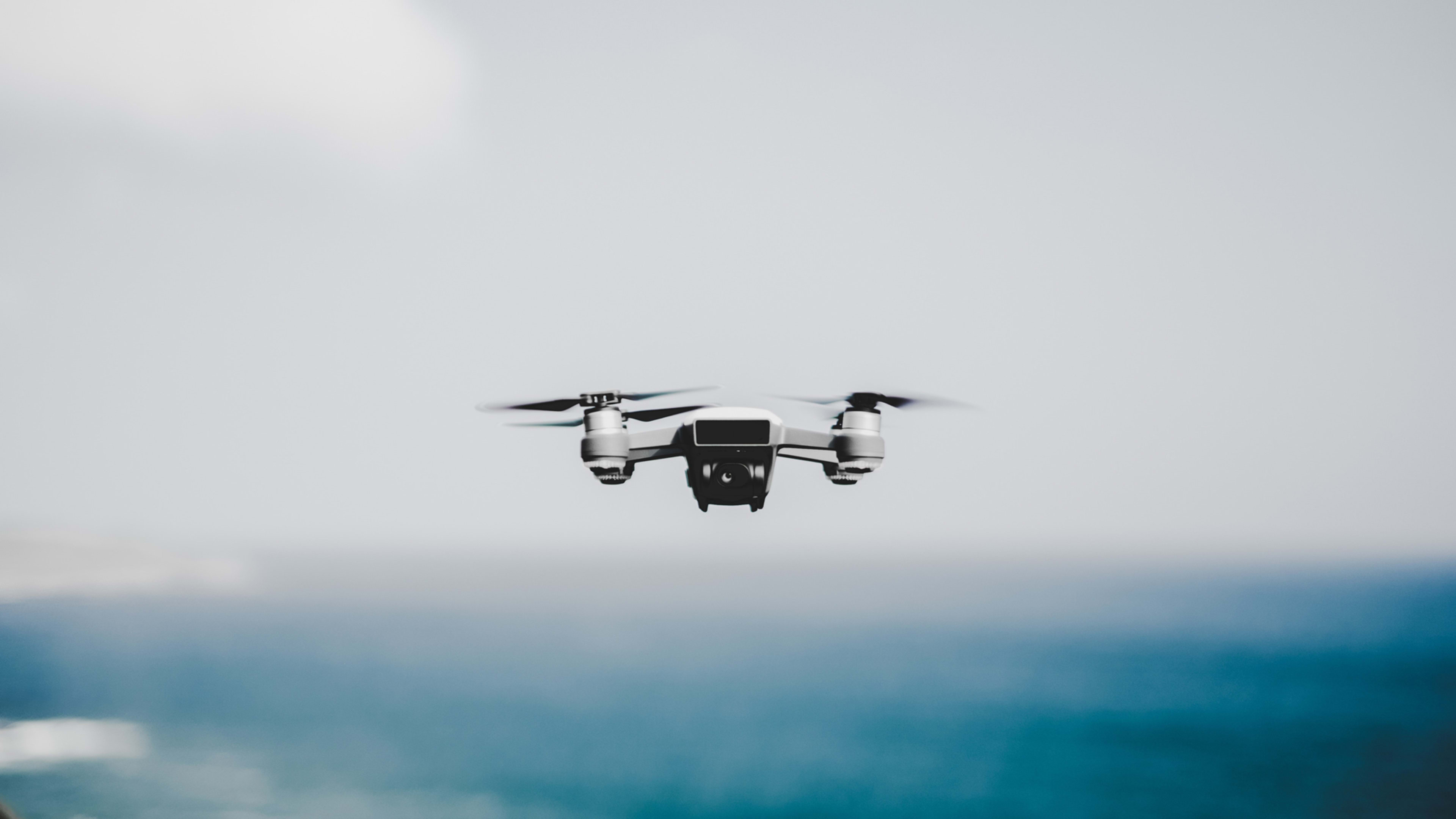When it was first announced, it seemed like a great idea: GoPro, the world leader in action cameras, was making its own drone. Given that countless drones from companies like DJI already worked with GoPro cameras, it seemed like a no-brainer.
But the drone project, known as Karma, was a year behind schedule, and in that time, DJI consolidated its market lead. It also introduced a foldable drone, the Mavic Pro, that had many of the same features as the Karma, and it became more or less untenable for anyone else to be a meaningful competitor. Couple that with the disastrous recall of the Karma three months after it launched in September 2016, and it was clear GoPro’s effort was never going to be anything but a significant drag on the company. Still, as recently as September, a spokesperson told Fast Company that GoPro was “totally” committed to Karma.
But in the end, it couldn’t afford to keep the program going. That’s why GoPro said today that it plans on grounding the Karma program, and laying off hundreds of workers from its Karma division, as soon as it sells its remaining inventory. It does plan on supporting the drones it sold. The news marks the end of a sad chapter for what was once a high-flying company. In 2014, its stock hit a high of $93. After today’s news, announced as part of GoPro’s fourth-quarter earnings release, the stock sits at $6.03.
Perhaps this will be a good thing for the company, forcing it to focus on what it does best—making great action cameras.
Recognize your brand’s excellence by applying to this year’s Brands That Matter Awards before the early-rate deadline, May 3.
